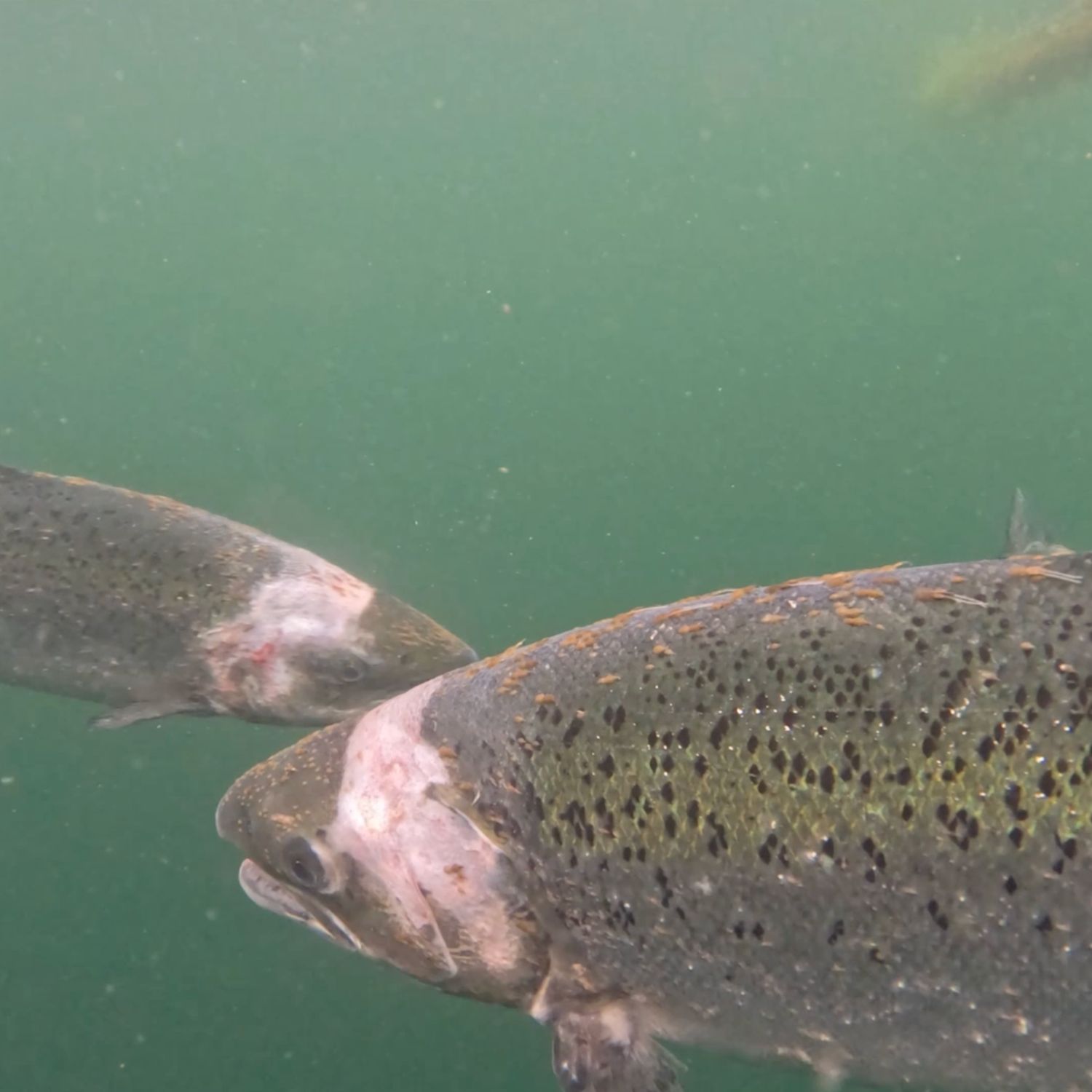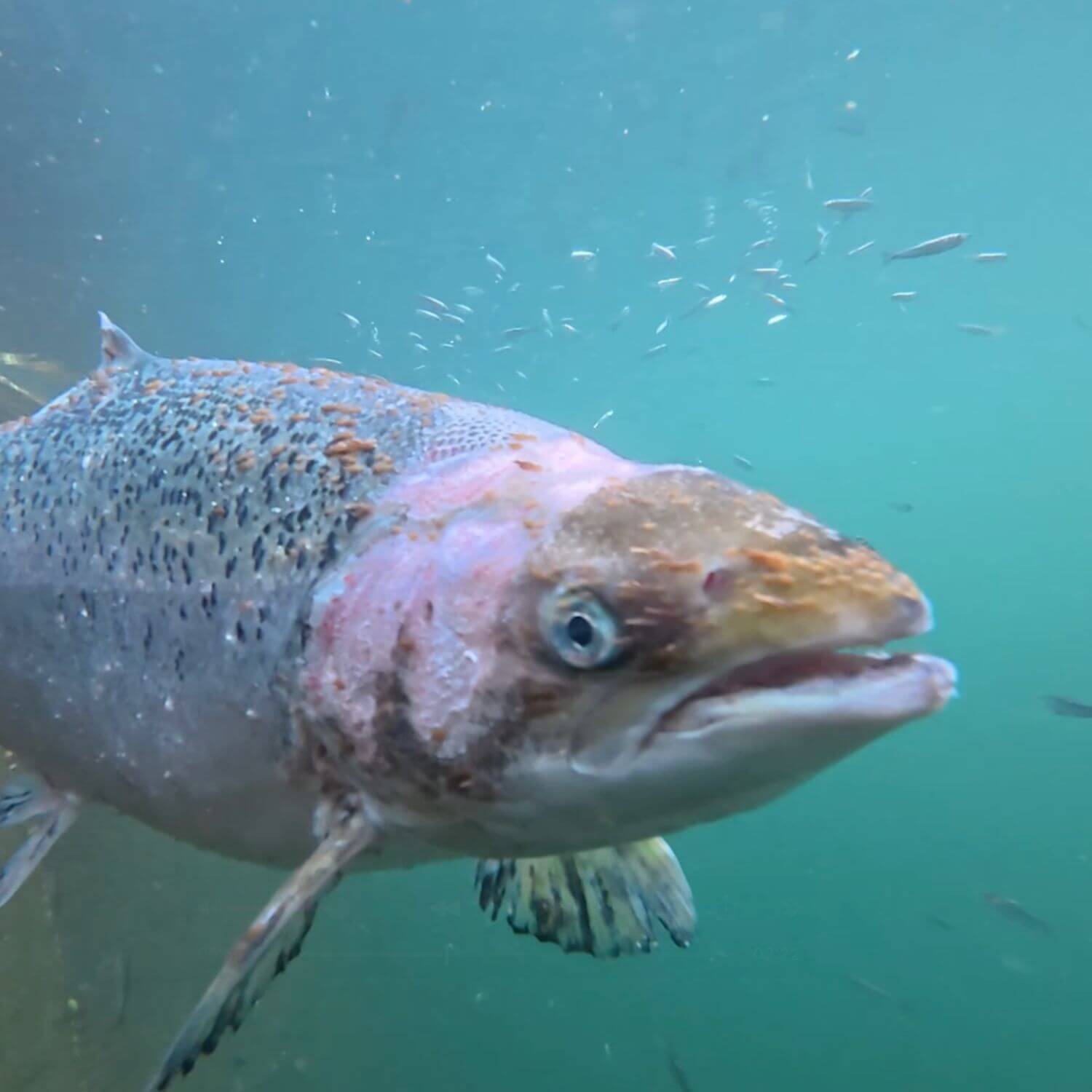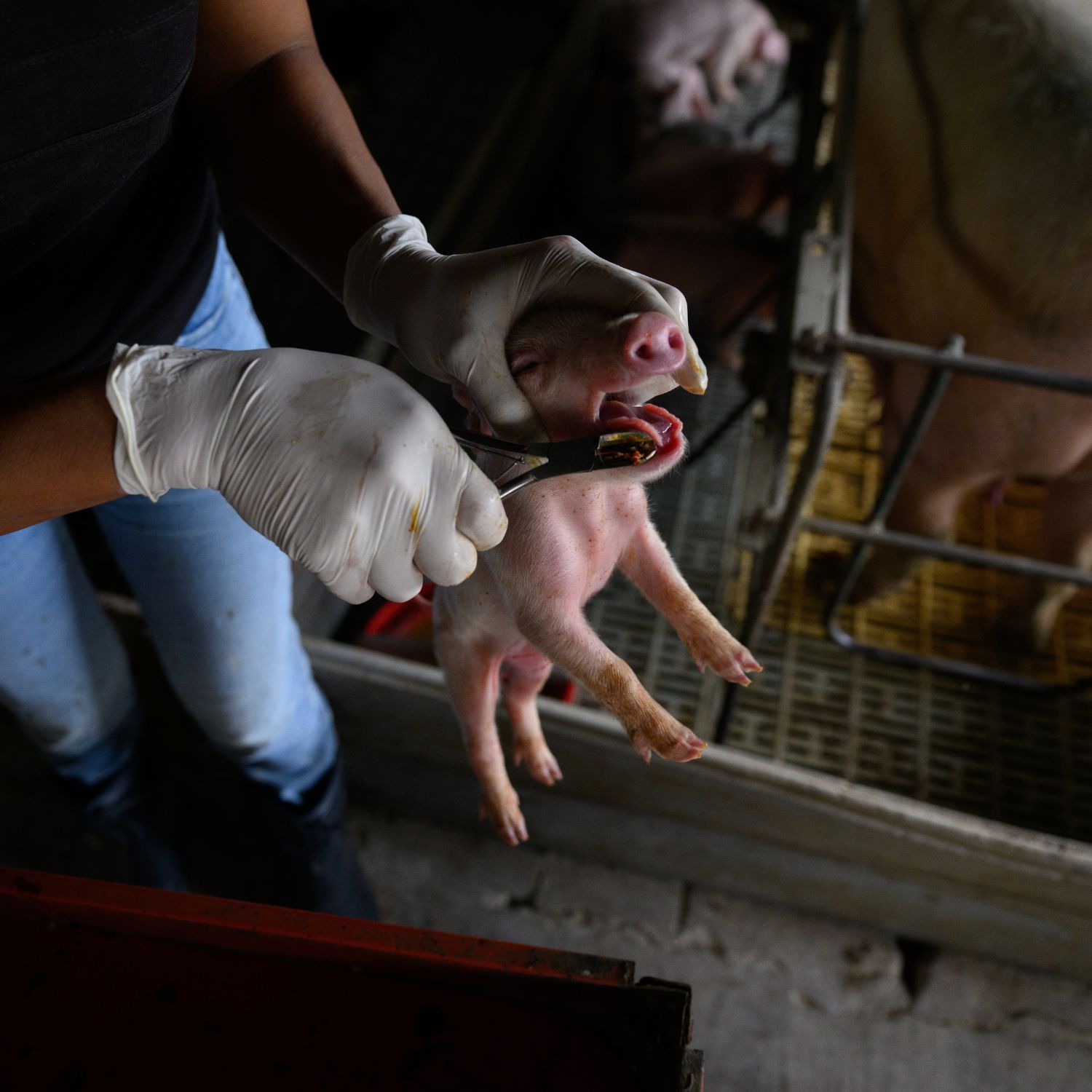WHO Calls For A Ban On The Sale Of Live Wild Mammals For Consumption
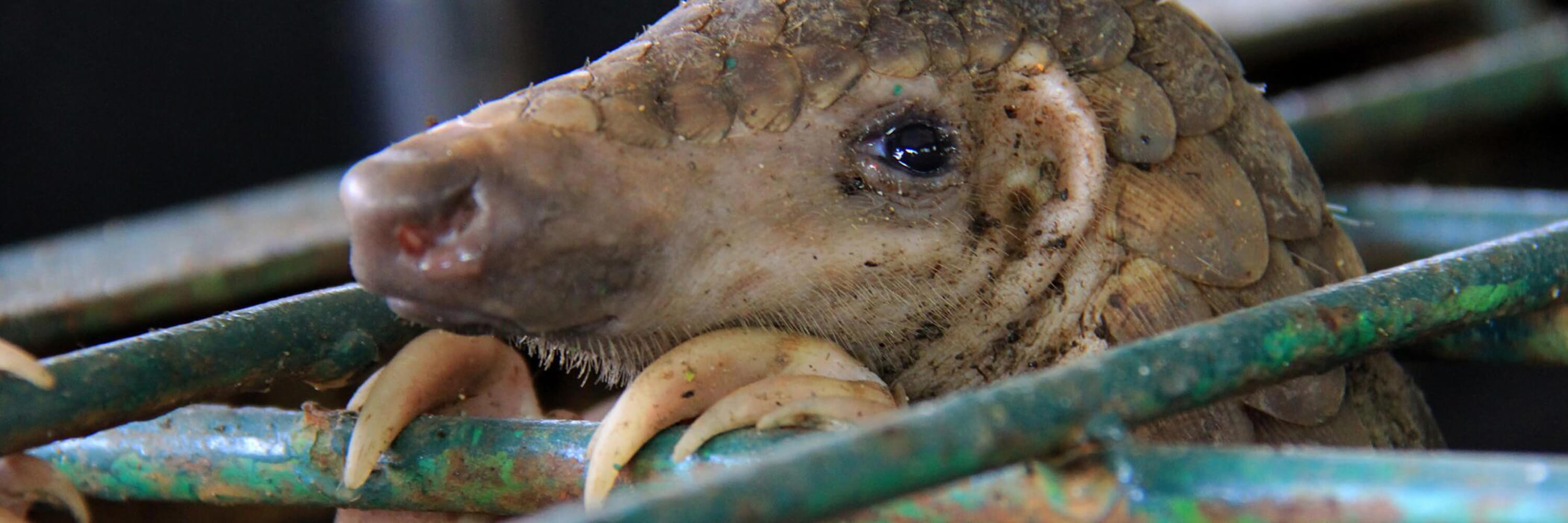
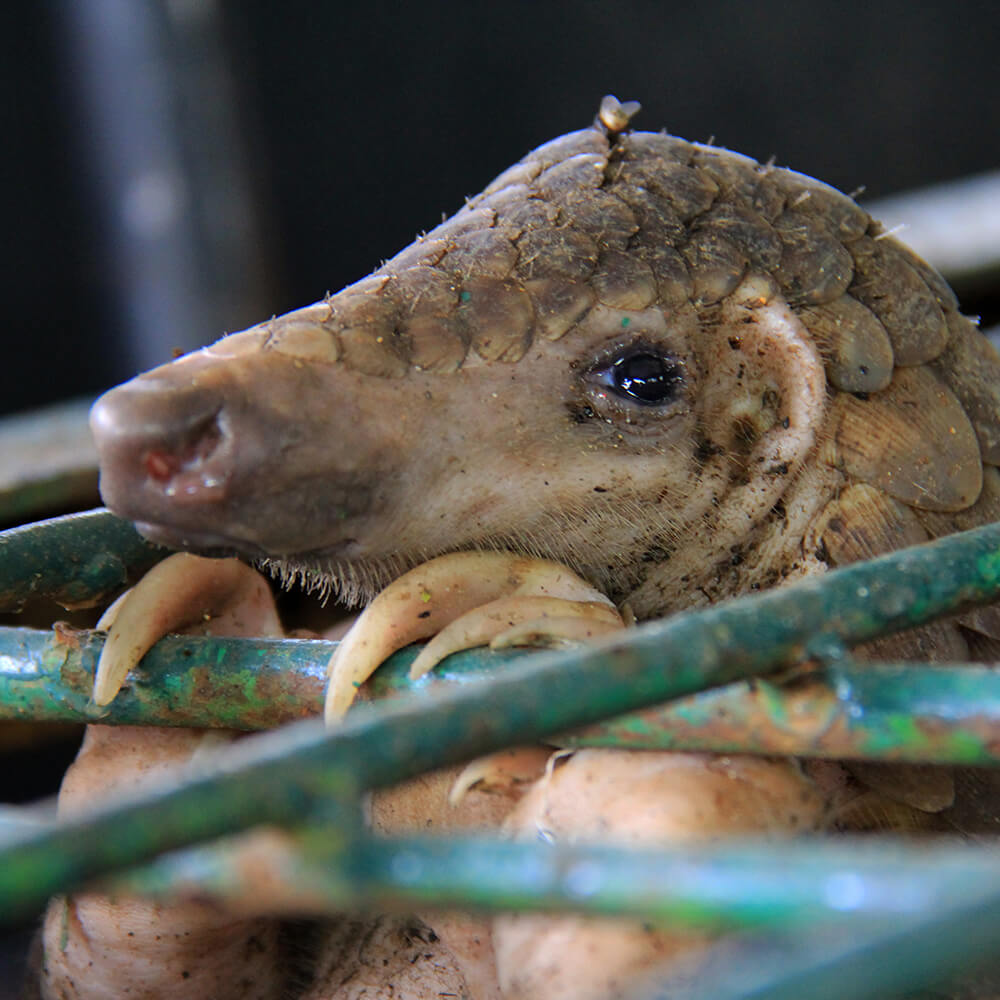
The World Health Organisation (WHO) has called for a ban on the sale of live wild mammals in food markets worldwide. This comes after the organisation published a guide in which it acknowledges the significant risks involved in the sale and slaughter of live animals – a practice that Animal Equality has been calling for an international ban on since the start of the COVID-19 pandemic over a year ago. The WHO is specifically asking that every country’s government takes action as an emergency measure to suspend the trade in these animals for consumption or breeding purposes.
The report states “Animals, particularly wild animals, are reported to be the source of more than 70% of all emerging infectious diseases in humans, many of which are caused by novel viruses”. It goes on: “[M]arkets, where live animals are held, slaughtered and dressed, pose a particular risk for pathogen transmission to workers and customers alike.”
Recent research carried out by the World Health Organisation revealed that some of the earliest known cases of COVID-19 can be linked back to a wholesale food market, with many of the initial patients being stall owners, market employees, or regular visitors to the market.
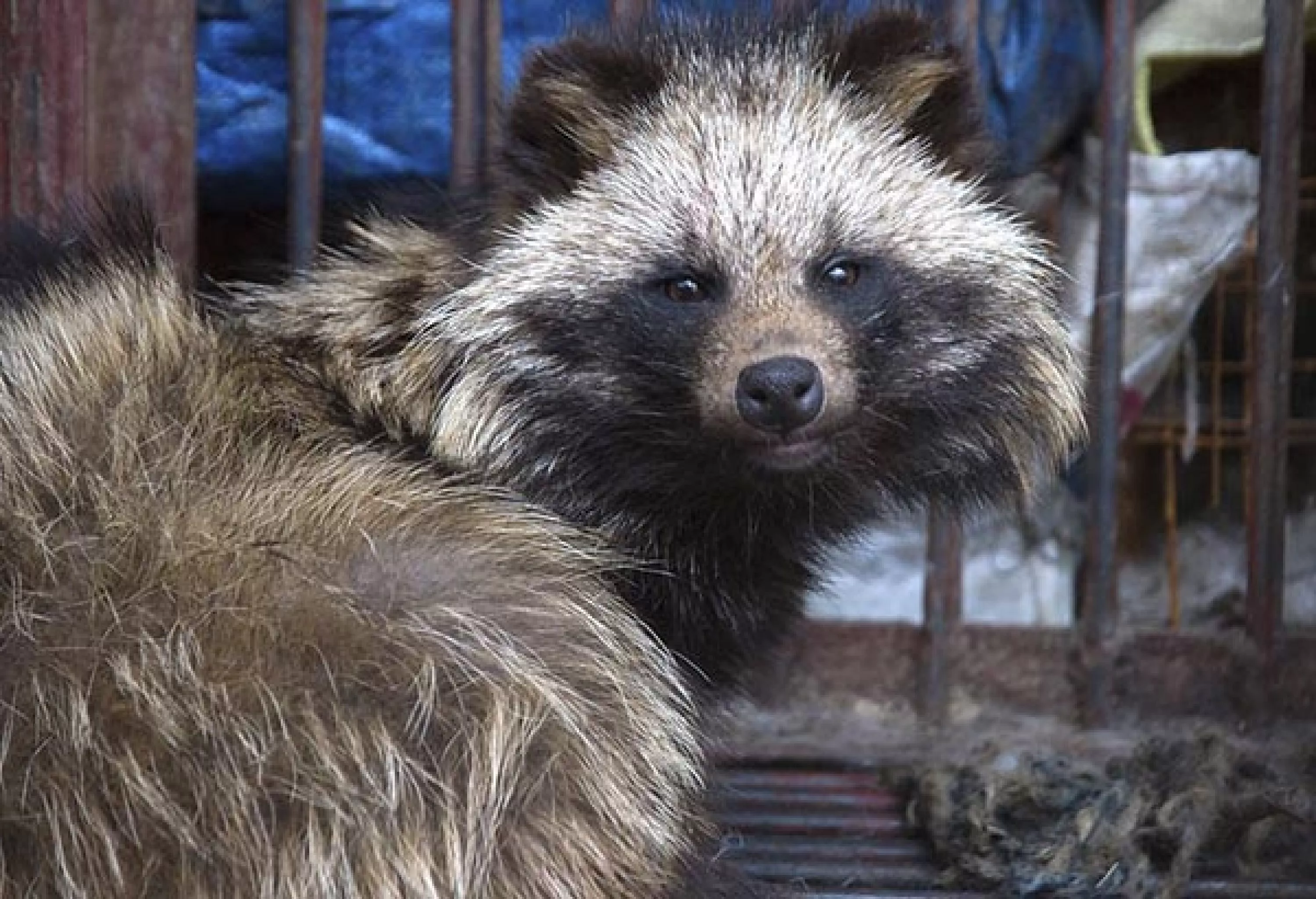
Animal Equality’s campaign to ban live animal markets
In April 2020, Animal Equality launched a global campaign, which has so far gathered over half a million petition signatures, calling on the United Nations to recommend a ban on the sale and slaughter of live animals at markets all over the world.
Our investigators have documented live animal markets in several countries worldwide, revealing severe animal suffering and unsanitary conditions that pose a threat to human health. We filmed animals such as deer, chickens, crocodiles, dogs and fish languishing in cramped, filthy cages and tanks. Many were suffering from dehydration and disease. They were often slaughtered while fully conscious.
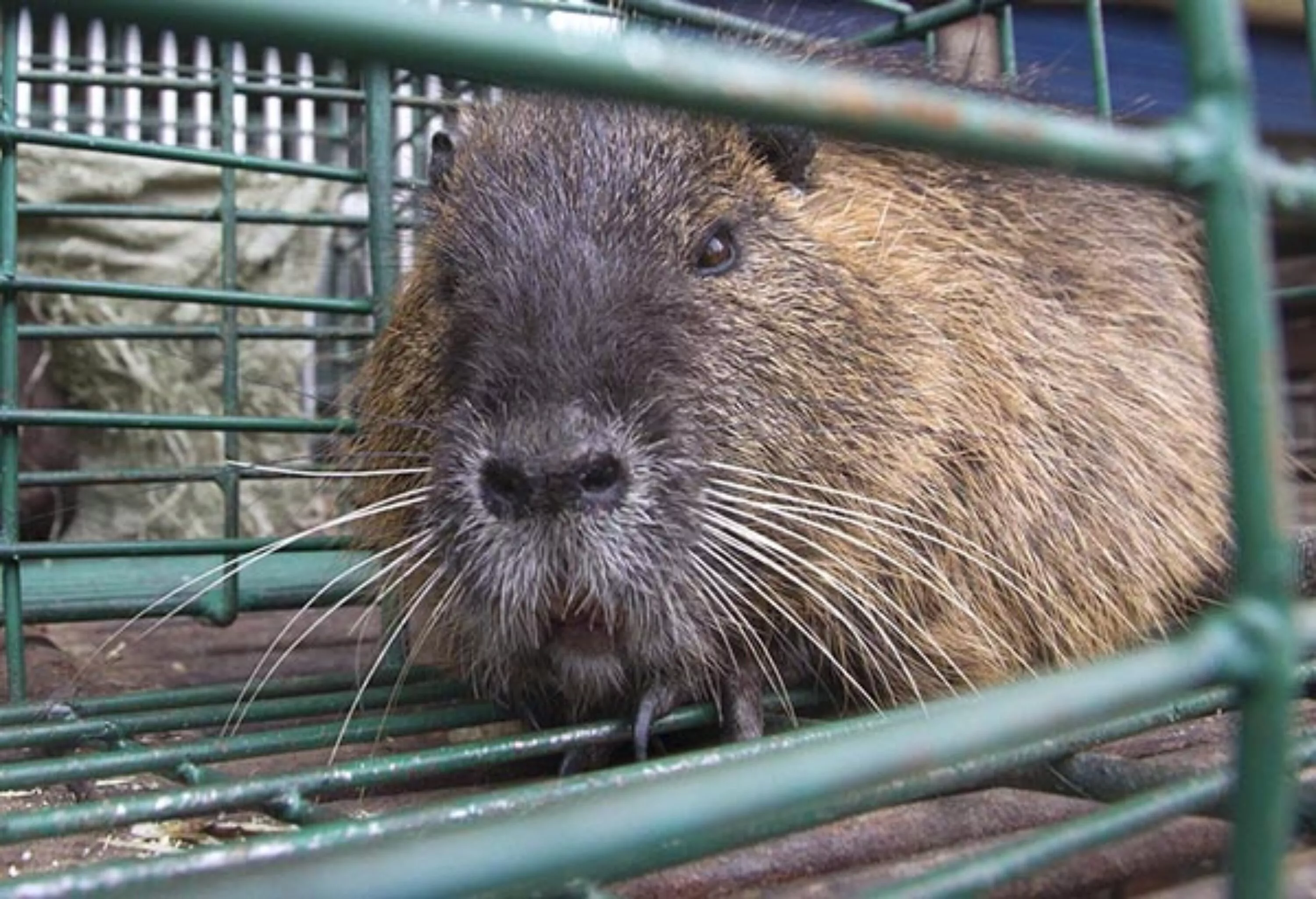
We need to go further
The dangers to public health that can arise from eating animals are not limited to the consumption of wild animals alone – far from it. Consuming more ‘traditionally’ farmed species, such as pigs, chickens and cows, here in the United Kingdom also carries a great risk. Diseases such as swine flu, various strains of bird flu, and BSE (‘mad cow’ disease) originated on intensive farms. In fact, many scientists are warning that it’s only a matter of time before the animal agriculture industry produces the next major pandemic.
This new guidance from the WHO is a step in the right direction, but it should include all species of animal, not just wild mammals. It is also critical that major international organisations begin to recommend phasing out industrial farming and promoting a switch to a plant-based food system, for human health, the environment, and animals alike.
Animal Equality welcomes the guidance of the World Health Organisation to suspend the sale of wild animals at markets worldwide. However, this progress is just the beginning. We ask that this recommendation is broadened to include a ban on the sale of all live animals, not just wild mammals, for consumption. Until that happens, both humans and other animals remain at risk.
Abigail Penny, Executive Director, Animal Equality UK
What you can do to help
Animals killed for consumption, whether at markets or on farms, experience pain and suffering just like we do. We can spare them from a lifetime of misery and also help reduce the risk of future pandemics by simply leaving animal products off our plates!

